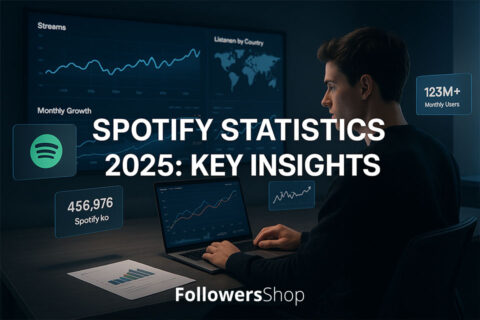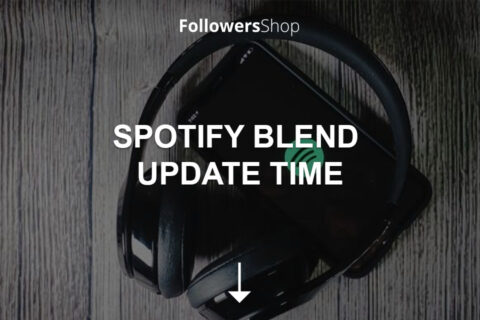Streaming farms on Spotify are operations that artificially inflate stream counts using bots or paid listeners to manipulate platform algorithms, gain visibility, and fraudulently collect royalties. These farms operate through networks of devices or VPN-masked accounts, making detection challenging. While they may temporarily boost numbers, Spotify actively monitors for artificial engagement and penalizes artists involved by removing fake streams or banning accounts. Fake streaming distorts listener data, harms genuine artists, and undermines curated playlists. Warning signs of fraudulent streams include an unusually equal number of listeners and plays, sudden spikes in streams, promised guaranteed plays, and playlists that fail to appear in an artist’s ‘Discovered On’ section. Instead of using Spotify streaming farms, artists should focus on organic marketing strategies to build sustainable success.
Understanding Streaming Farms
Well, we all know Spotify plays so important for artists. A streaming farm is an organized operation that uses bots or groups of real people to artificially inflate the number of streams on a song. These operations are designed to manipulate streaming platforms like Spotify to boost an artist’s numbers, making them appear more popular than they actually are. The goal is often to gain visibility, trigger algorithmic recommendations, and sometimes fraudulently collect royalties.

Example of a Streaming Farm
A Spotify stream farm might consist of hundreds or even thousands of devices connected to different accounts, running on automation to continuously stream specific tracks. Some streaming farms use VPNs and proxy servers to make it appear as if the streams come from diverse locations, making them harder to detect. Others operate with real people who are paid to listen to and repeat tracks over time, mimicking organic engagement.
How Big of a Problem Are Streaming Farms?
The rise of streaming farms for music has created a major challenge for streaming platforms. Spotify and other services invest heavily in detecting and preventing fraudulent streams, as fake engagement distorts real listener data, affects revenue distribution, and reduces the visibility of genuinely talented artists. Spotify stream farming can also dilute the effectiveness of curated playlists and algorithmic recommendations, making it more difficult for authentic music to reach the right audiences.
You may want to check out our related detailed article: How Can I Make Money By Listening to Music on Spotify?
Can Artists Make Money With Streaming Farms?
The short answer is no. Spotify streaming farms may generate fake plays, but once detected, those streams are usually removed from an artist’s official count, and any fraudulent revenue is withheld. In severe cases, artists found using Spotify stream farms can be banned from the platform altogether. Instead of paying for artificial streams, artists should focus on organic marketing strategies that build a loyal audience over time.




No comments to show.